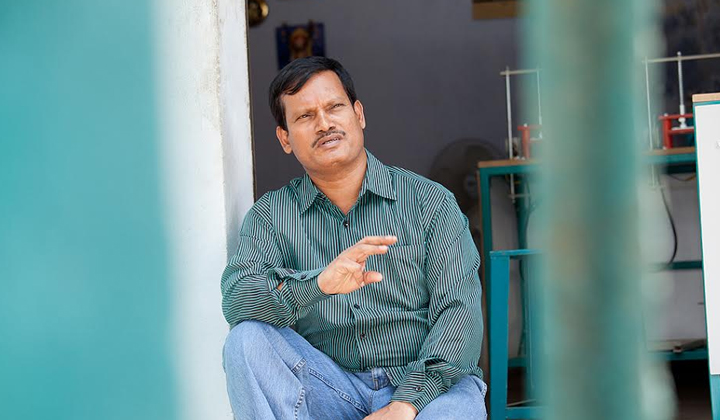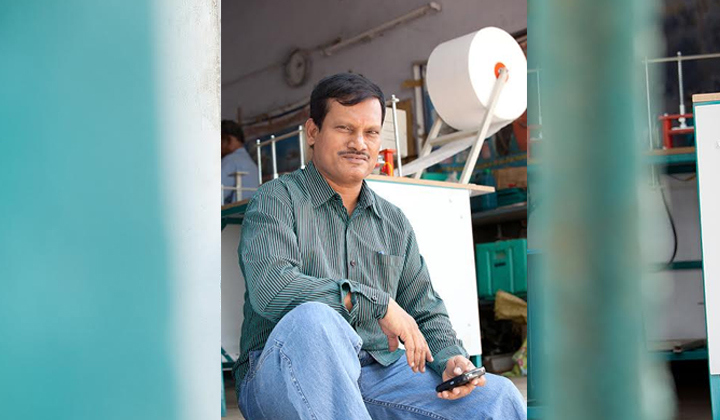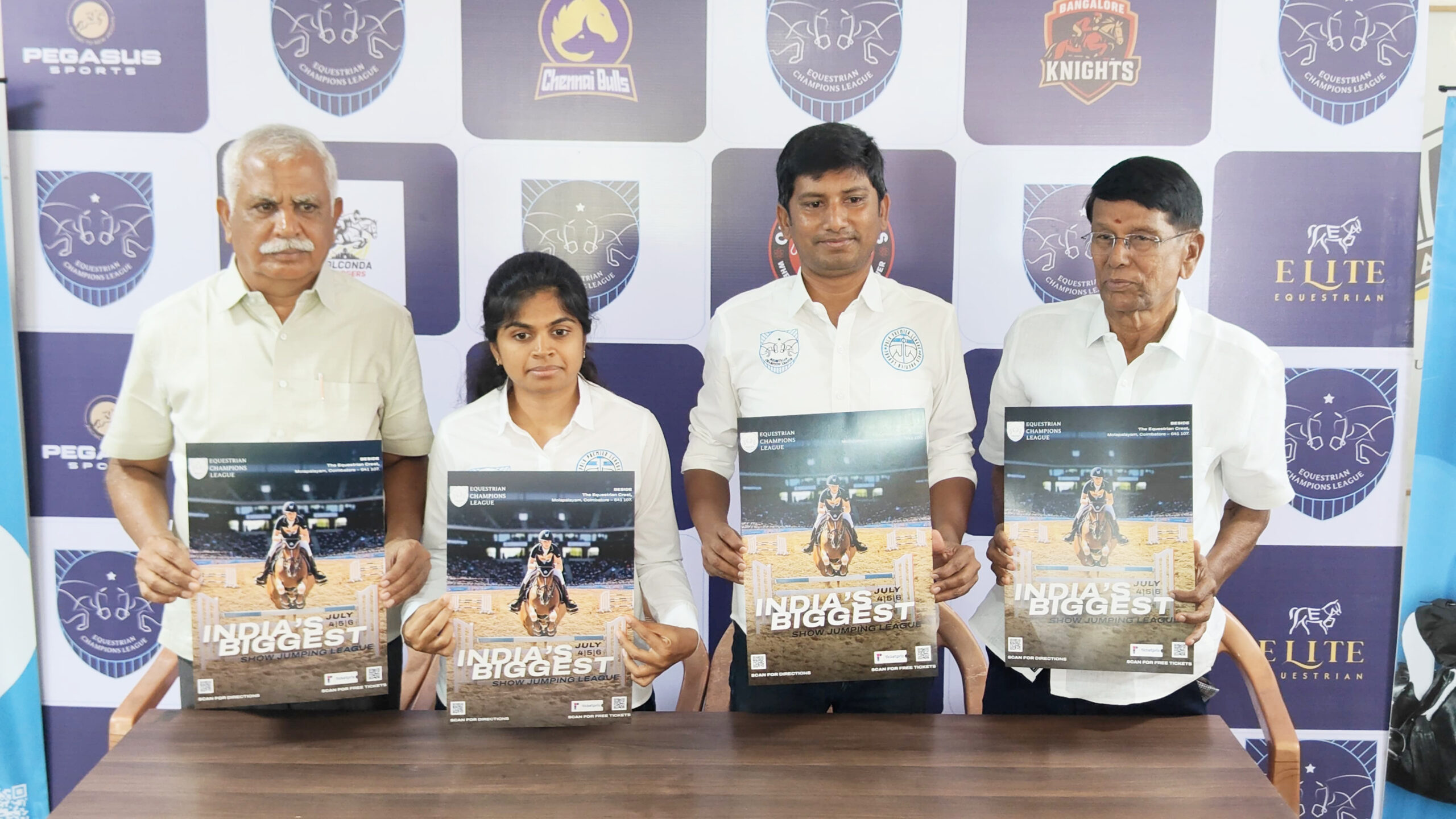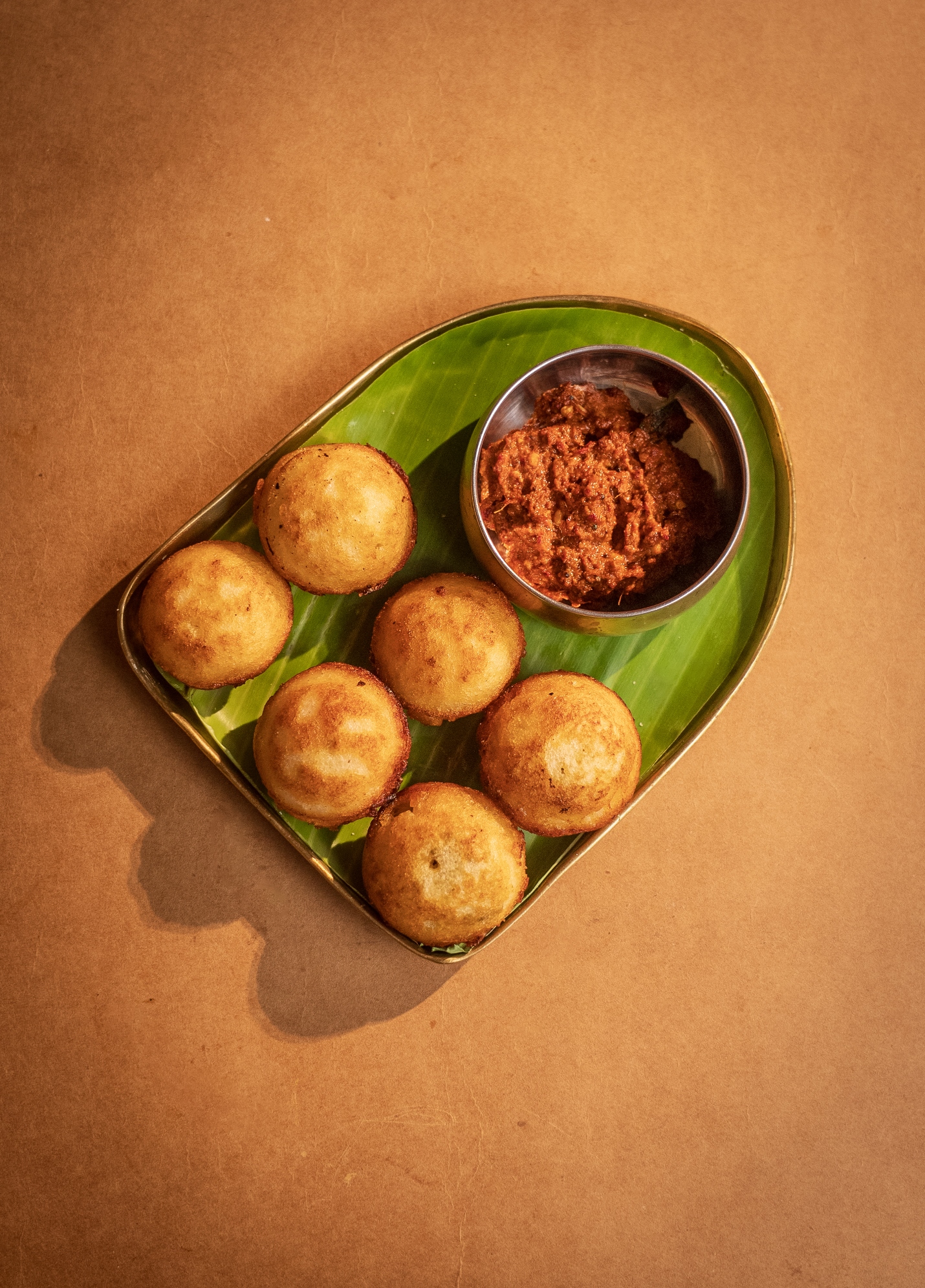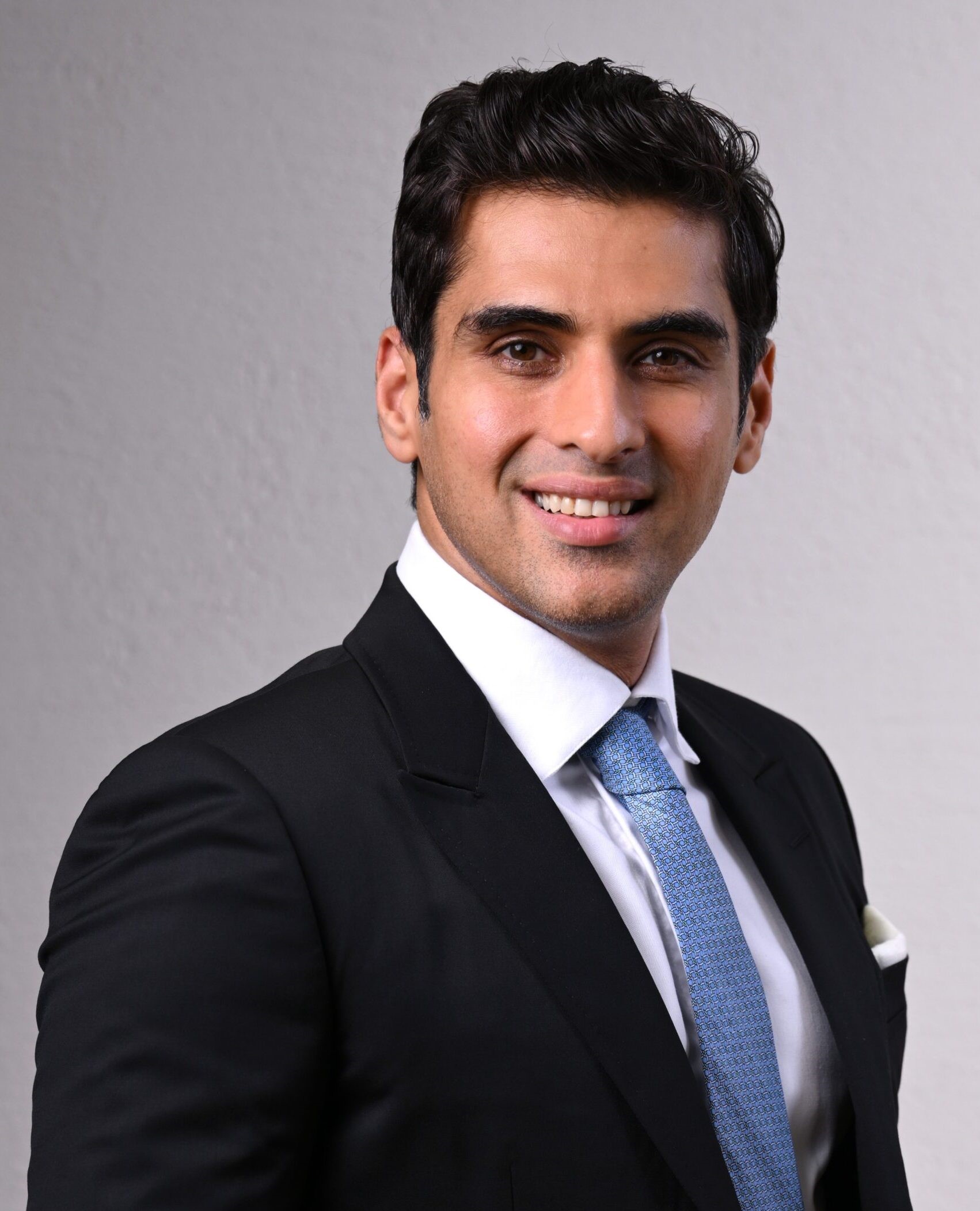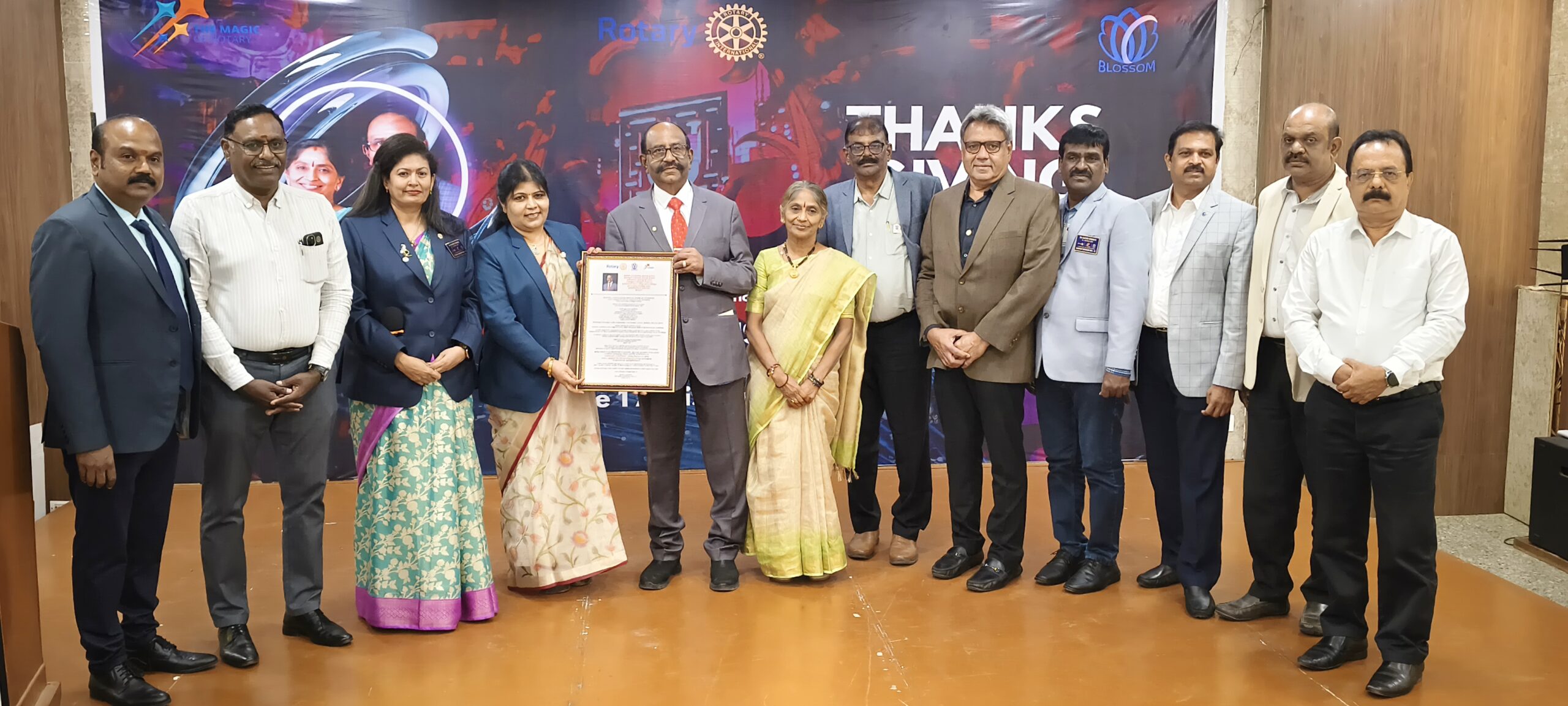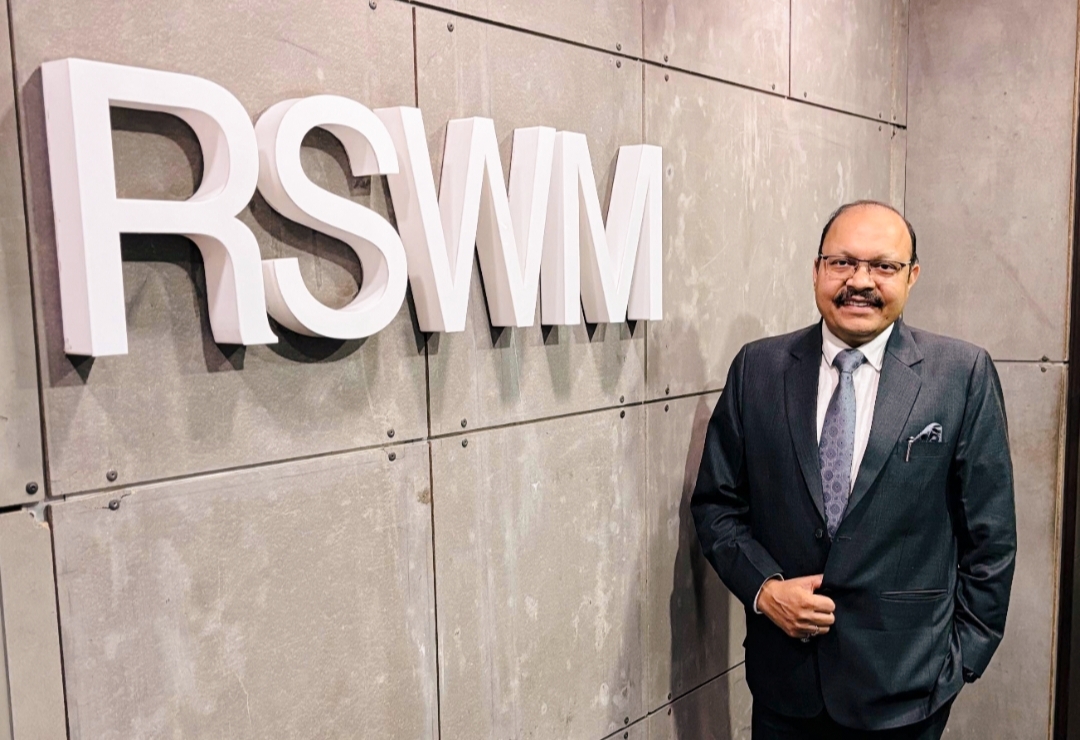Trending Now
- “If Edappadi Palaniswami permits, a thousand young members from the Virudhunagar district AIADMK are prepared to take up arms and engage in battle under my command.” – Former AIADMK Minister Rajendra Balaji
- “India is ready to deal with any counter-attack by Pakistan” – Wing Commander Vyomika Singh
- Central govt orders extension of CBI Director Praveen Sood’s tenure for another year
Coimbatore
Padding up for a cause
![]() August 23, 2016
August 23, 2016
It’s an invention that has given a push to sustainable livelihood, a hope for millions of rural poor and has taken the world by storm for its simple engineering.
The man behind this machine that produces low cost sanitary pads is the well-known and widely reported Muruganantham, who told The Covai Post, “Menstruation and sanitary pad are hush topics in India, but the fallout of not using them is loud and clear. The ignorance and silence surrounding these have resulted in deadly diseases and girls dropping out of schools.”
The social entrepreneur from Coimbatore, popularly called ‘menstruation’ Muruganantham, has made available the working of his successful business model on the Internet, with the sole aim of creating a healthy and sustainable society and rural employment, especially among women.
“The prime aim of my invention is social impact and profit is secondary. If a product is patented it cannot sustain the purpose for which it is created,” said Muruganantham, who is regarded as a role model for successful social entrepreneurship.
“The free-for-all business idea is an instance of equipping people to lead a sustainable livelihood. NGOs and social organisations must do just this, as excessive philanthropy can drag a country’s GDP down,” said the school dropout, who now travels the world to deliver motivational lectures to students and is invited by multinational and Fortune 500 companies to share his insights.
The product is complete with an exemplary brand presence and a successful marketing model called – d-tailing, “not retailing or e-tailing” he stresses.
It has more than a 1,000 brand names christened by the women who produce and sell them. They market it by detailing its uses and benefits to women and dispelling taboos and superstition attached to the use of sanitary pads.
If production of its ‘corporate cousin’ is macro and centralized, the low-cost pads are micro and decentralized.
Everything about the invention is simple – from making, marketing and selling.
Looking up the net, anyone can learn how to use the machine and make the raw material in three hours, said Muruganantham.
He said this business has not dented anyone’s market share, nor can it be challenged as its fundamentals are unique.
“If anyone wants to improve or improvise it, they have to simplify it further, which is a tough proposition,” Muruganantham said with a laugh.
Then unwilling partner who sparked the invention is Muruganantham’s wife, Shanthi.
“When we got married, I was troubled to saw Shanthi using newspapers and pieces of rag during her menstruation, as she couldn’t afford the commercial pads,” said Muruganantham, who now runs Jayashree Industries.
The man who was then employed at a workshop marched to a store to buy pads for his wife, and learned that it was unduly priced. He made pads made out of cotton and asked his wife to use them, but it didn’t work.
He also learned hardly any woman in and around the villages used pads. His ‘pocket survey’ was substantiated by the 2011 AC Nielsen survey, commissioned by the Indian government, which established only 12 per cent of women across India use sanitary pads.
“But if we pull out the metros from the survey, the number of women using pads will be shockingly less than this,” he said.
That’s when his single-minded mission to produce low-cost pads that work, began. He struggled to get volunteers to test his product as women were hesitant and doubtful and had to help himself by testing it on himself, using a bladder with animal blood.
He paid a heavy price for this seemingly bizarre experimenting. “The village expelled me, my mother and wife misunderstood my intentions and left, only to return four-and-half years later when things fell in place.”
“My wife is now a partner in my mission,” said the father of an eight-year-old daughter Preeti Sri, who has declared that she wants to become a scientist.
It took him two years to find out that commercial pads were made of cellulose fibers derived from pine bark wood pulp. The there was no stopping for Muruganantham who went on to build the cost-effective machine that made a difference in many people’s lives and achieved its grand purpose.
The machine can churn out about 1,500 pads, which are decomposable and water soluble.
“Some of them running this business using the machine are able to send their children to school. The machine, costing about Rs1 to Rs3 lakhs depending on the scale of production, is used even by the Indian military in Ladakh,” an overwhelmed Muruganantham said.
The motivational speaker told student gatherings to be close to science and see the world as it is.
“Think up simple solutions that create a sustainable world,” said Muruganantham.
He said there are 645 million semi-skilled and unskilled labourers in India for who such inventions can provide work and hope.
He also said the business model is gaining ground by developing inclusive projects that are aimed at counselling and providing information to women regarding problems that they face, but not easy to share.
The pad, which costs Rs2 per piece, can be bought from sources featured at [email protected]





